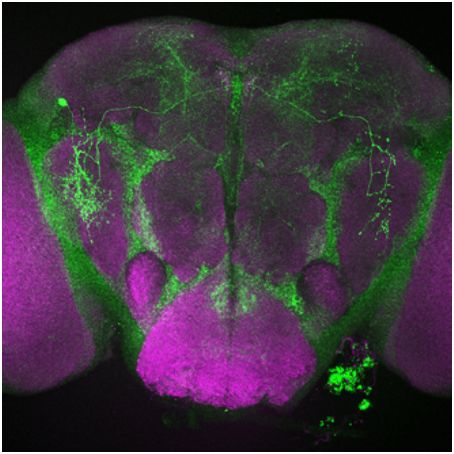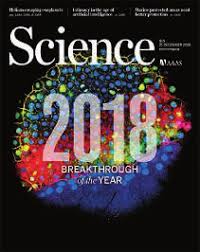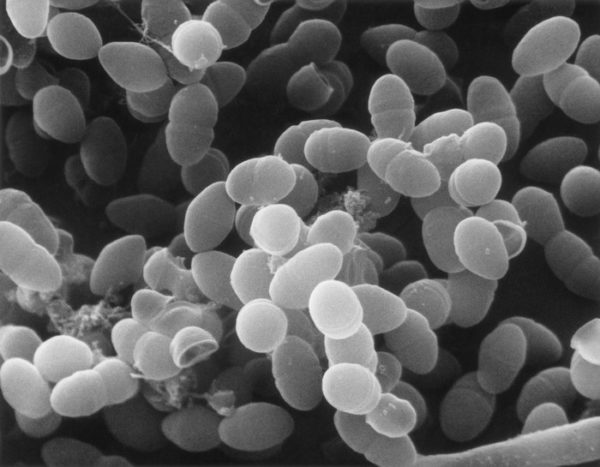Gut microorganisms play an important role in intestinal nutrition absorption, body metabolism, immune development, and resistance to pathogens. Imbalance of intestinal microecology can not only cause gastrointestinal related diseases such as indigestion, diarrhea, necrotic colitis (NE), irritable bowel syndrome (IBS), inflammatory bowel disease (IBD); metabolic diseases (obesity, diabetes, fatty liver, and cirrhosis, etc.); clostridium difficile infections; acute pancreatitis; allergic asthma; cardiovascular diseases (such as hypertension, atherosclerosis, myocardial infarction, and heart…
Science
New Study Published on Science Discovered A Gene that Can Promote Sleep While Getting Sick

Humans spend nearly a third of their time sleeping, but sleep is still one of the most enduring mysteries in biology. So far, scientists don’t know which genetic or molecular power is driving people to sleep. In a new study, researchers from the University of Pennsylvania’s Perelman School of Medicine discovered that a gene called Nemuri increased the need for sleep by studying more than 12,000 strains of fruit flies….
The Rhomboid Protease Breaks the “Cell Speed Limit” When Through the Cell Membrane
In a new study, researchers from Johns Hopkins University in the United States found that as a special protein that cleaves other proteins, rhomboid proteases can break the “cell speed limit” as they pass through the cell membrane. Rhomboid protease does this by distorting their surroundings, allowing them to slide quickly from one end of the cell membrane to the other. The results of the study were published in the…
The Essence of Science Journal in December 2018

1.Science: Pro-Linked Protein 2 Cutting Can Prevent Heart Failure doi:10.1126/science.aan3303; doi:10.1126/science.aav8956 Dr. Long-Sheng Song, a researcher at the University of Iowa in the United States, and his team have confirmed in a previous study that a structural protein called junctophilin-2 (JP2) is essential for the heartbeat. Heart failure is associated with this protein loss or destruction. Now, in a new study, researchers from the University of Iowa, Shanghai…
Science: How Does the “Clock” Protein Work?

As we all know that the human body can function adaptively as the day and night change. And according to a new research from the Perelman School of Medicine at the University of Pennsylvania, a key protein called Rev-erb coordinates the ebb and flow of gene expression by tightening and loosening loops in chromosomes. For the past 15 years, Mitchell A. Lazar et al. have been dedicated to revealing…
